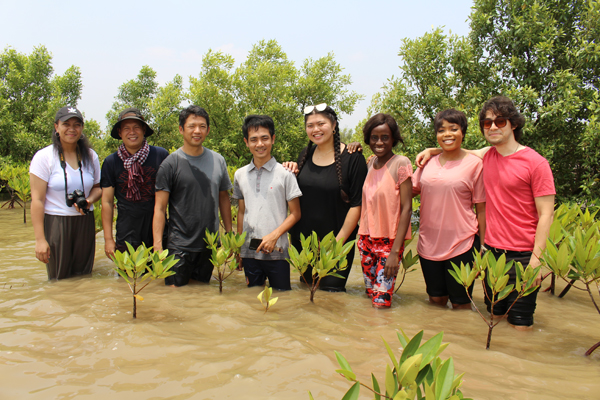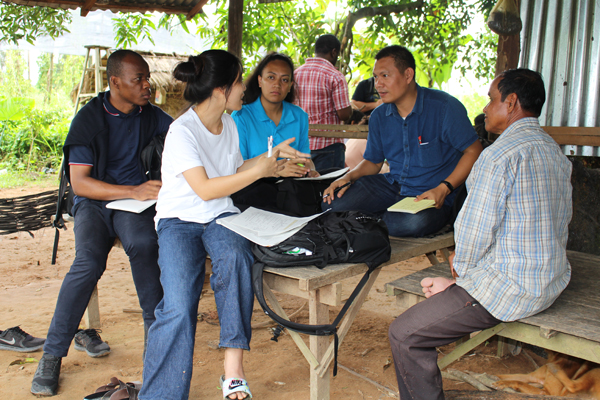Introduction to International Development
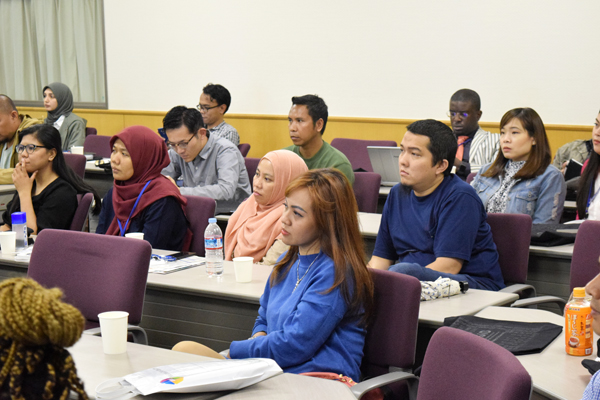
This course is intended to introduce students to basic theories and approaches in international development studies. We begin by discussing what is ‘development’ and how it can be conceptualized, measured, and studied. We then explore interdisciplinary nature of international development studies by looking at economic, political, and social dimensions of development (Part I). In Part II, we provide an overview of each of the five different academic programmes we have: i) Economic Development Policy and Management; ii) Peace and Governance; iii) Inclusive Society and State; iv) Education and Human Resource Development; and iv) Poverty and Social Policy.
Japan’s Development Experience
This course examines the experiences of development process in Japan from various perspectives, including both achievements and challenges. This is an omnibus lecture provided by a series of lecturers from both inside and outside GSID. Lecturers from different disciplines deal with issues such as economy, law, politics, public administration, agricultural/rural development, education, social development, peace-building, etc. Participants will acquire understandings about, as well they will be invited to discuss on its adaptability to other countries.
Fieldwork
One of the outstanding features of GSID as a graduate school is that it emphasizes practical education by offering Overseas Fieldwork (OFW) and Domestic Fieldwork (DFW).
Domestic Fieldwork (DFW)
GSID started the Domestic Fieldwork (DFW) as part of its formal curriculum in 1995. DFW provides students with opportunities for:
- understanding the importance of field visits in dealing with issues of development;
- acquiring basic methods, approaches, and understanding ethics of field survey;
- understanding development challenges and ongoing efforts in rural areas of Japan viewed from a range of sectors such as administration, agriculture, education, local culture, industry, and environmental protection, as these efforts may have important implications and applicability for the development in the Third World; and
- working in a cross-cultural setting through group work with students from different socio-economic and cultural backgrounds.
- Click here to see detailed information on DFW.
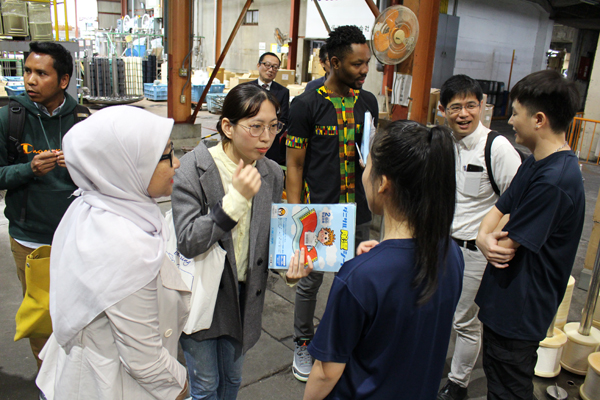
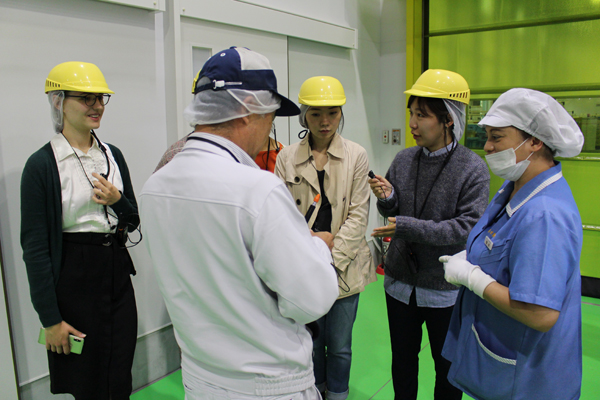
Overseas Fieldwork (OFW)
GSID started the Overseas Fieldwork (OFW) as part of its formal curriculum in 1992. Objectives of OFW are to provide students with opportunities for:
- seeing and learning real development issues confronting many developing countries of today;
- acquiring an interdisciplinary perspective through group work with students from different academic disciplines;
- nurturing their insights and skills for coordinating among stakeholders with conflicting interests through a case study of a small area;
- improving their communication skills through group work with people from the diverse cultural and professional background; and
- conducting field survey in English.
- Click here to see detailed information on OFW.
